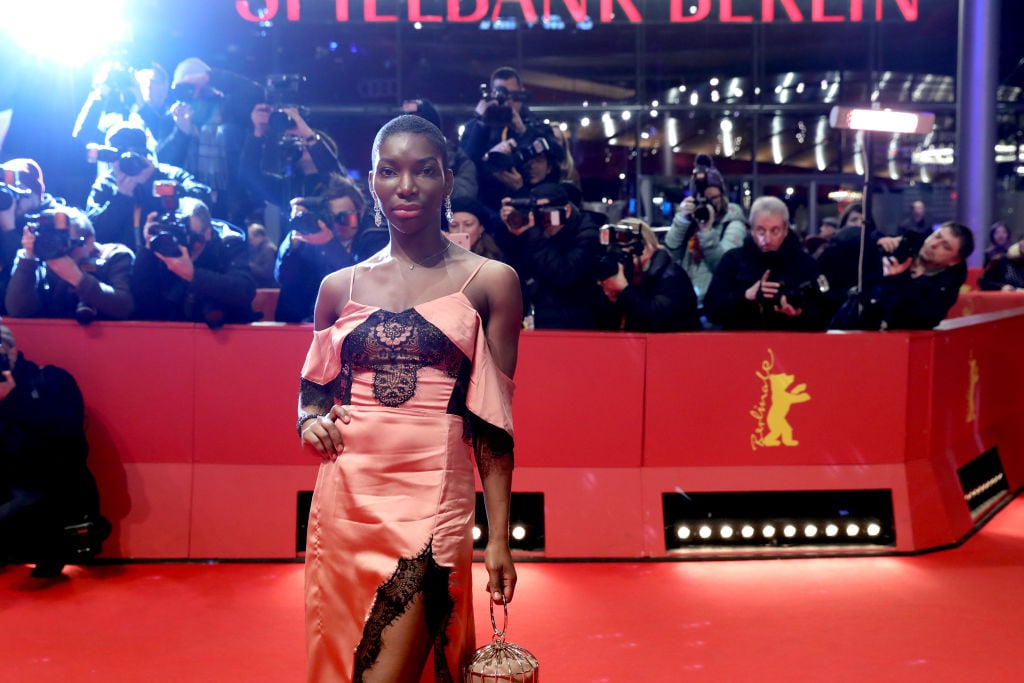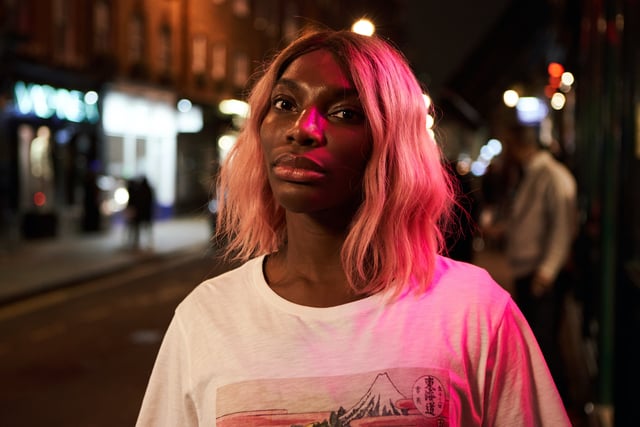How Michaela Coel’s ‘Journey of Introspection’ Around Social Media Inspired ‘I May Destroy You’
Michaela Coel‘s powerful drama series for HBO, I May Destroy You, is mainly a show about sexual assault. However, Arabella’s incessant social media use is a huge plot point for the character. What inspired the social media storyline in I May Destroy You?
How social media became a major ‘journey of introspection’ for Arabella on ‘I May Destroy You’

In a recent interview on the NPR program Fresh Air, Coel told host Terry Gross about her inspiration for her HBO/BBC show, I May Destroy You.
“You know, I definitely look at myself and my tendency to look out instead of looking in. And sometimes looking out is almost an escape from looking in,” Coel shared. She acknowledged that “using the outside world to escape your introspection” is where things can go haywire.
It definitely does go wrong for her main character, Arabella, in I May Destroy You. As pointed out on Fresh Air:
Arabella starts relying more and more on social media, like she starts documenting every aspect of her life. She’s already a kind of social media star. But it gets to the point where it’s kind of destructive. For her, it’s like she’s not living her life. She’s just kind of filtering it through social media.
On the face of it, social media “seemed like a very easy way to connect with loads of people,” Coel explained. But eventually, she came to the conclusion that she would have to have a “journey of introspection.”
“That’s how I wanted to go on and … I needed to go on to make the show,” she explained to Gross.
In a 2018 speech, Michaela Coel looked at the influence of social media

Speaking at the 2018 MacTaggart Lecture in Edinburgh, Coel was also reflecting on social media use. However, in this case, she was speaking more about its relationship to the TV industry.
“The new creator uses. social media platforms to tell their followers, the outsiders who don’t watch telly, that finally, they’ve been able to make something for TV — online,” she said.
From there, the people in charge can look on the internet to find out what is trending.
“The channel and producers study the comments on social media, investigating the audience’s response,” she continued. The power of the users on social media platforms is widely apparent, Coel argued in the Lecture:
The fact that this year, 3 major US shows have been cancelled and revived by social media alone confirms that a medium outside of television, is beginning to take control of it.
But the I May Destroy You creator and star acknowledged that “social media has done great things for us.”
“It’s allowed some of us to feel more loved, encouraged, connected, to make, and share work,” she said. However, that comes with consequences — consequences which were explored in her HBO drama series.
“… it’s also raised anxiety, paranoia and loneliness in young people especially,” she explained. “Are we informing our young people of the possible negatives, or are we too busy capitalizing on it?”


